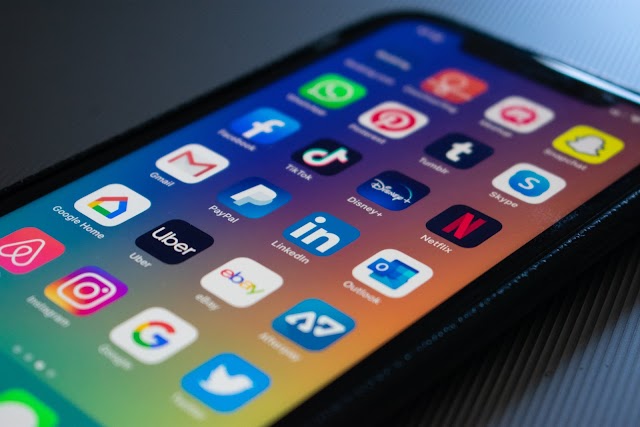How your WhatsApp account is being hacked and how to protect your account from hacking
Cyber criminals target WhatsApp users with a simple ploy that leads to the login out of the account with potential lying messages to contacts, and cybersecurity experts have warned that the trick can be used to manipulate victims in order to send money, or use panic over the Corona virus Newbie to convince them to share bank account details.
The cyber attack, previously documented but recently featured in the UK, begins when a six-digit WhatsApp code is sent via text message to the victim's phone, asking a friend or relative, whohis account for the same trick, to the user to share the code via WhatsApp.
Once this happens, the victim's exit from his account is logged out for up to 12 hours, allowing hackers to contact contacts under the victim's alias.
This simple trick works on the verification code number automatically sent by WhatsApp when the app is installed on a new device, and hackers get the password they need to activate the user's WhatsApp account by sharing the code, and only the phone number and PIN are required Six-digit.
By accessing the new account, hackers are then able to spread the trick further by using social engineering to trick people into abandoning their WhatsApp accounts.
"Hackers usually try to get bank account or streaming service passwords like Netflix, but now they're changing their message to take into account the ongoing epidemic," said Jake Moore, eSET cybersecurity expert.
The trick can be avoided by activating WhatsApp's dual authentication feature, which provides an extra layer of security for users and gives them their own six-digit PIN, but many users don't use it because it doesn't apply by default.
The messaging service encouraged users to take advantage of the dual authentication feature, and warned users not to share a six-digit PIN, explaining that they would never ask users to share the code.
"When activating dual authentication, any attempt to verify your phone number must be accompanied by the six-digit PIN you chose when using this feature," the company said.
The use of WhatsApp and other Facebook apps has seen a boom since the outbreak, and the social media giant said that maintaining the stability of services during these conditions was difficult, and explained earlier in the week that messages increased by 50 percent compared to last month in the countries most affected by Disease.



0 Comments